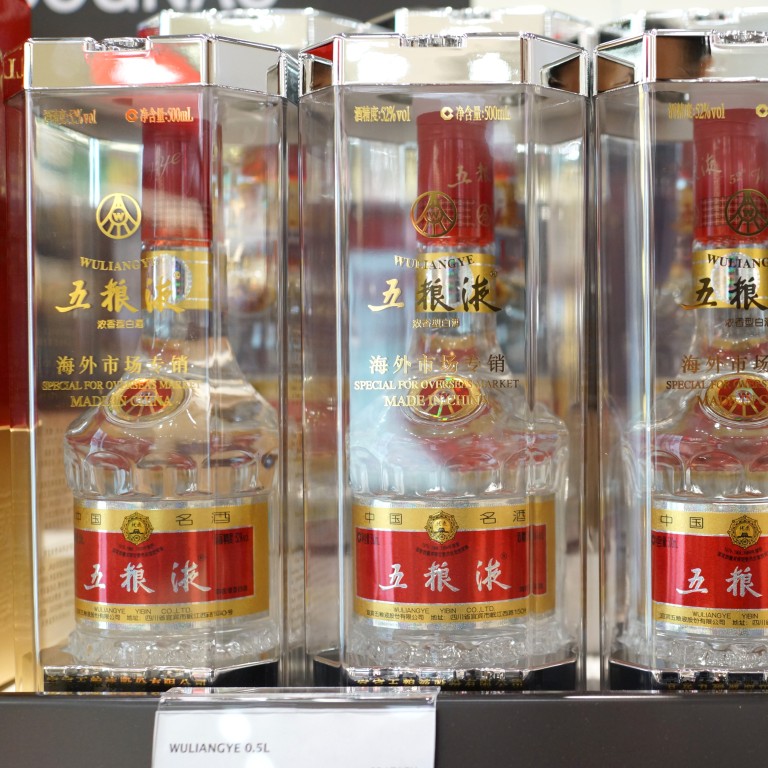
Zhang Kun, China’s biggest fund manager, raised bets on liquor distillers, sold tech giants Tencent, Meituan in third quarter
- E Fund Management’s Zhang bet on companies he considers best equipped in their industries to navigate the turmoil roiling capital markets
- His fund returned 1.6 per cent last quarter, while the CSI 300 Index fell 4 per cent and the Hang Seng Index lost 5.9 per cent
His fund returned 1.6 per cent in the three-month period ending September 30, while the CSI 300 Index fell 4 per cent and the Hang Seng Index lost 5.9 per cent.
“We are sticking to the good quality companies that have decent business modes, clear industry landscapes and strong competitiveness,” Zhang said in the fund’s quarterly report. “The valuations of these good quality companies are generally very attractive.”

His blue chip fund, which he has been running since 2018, is bigger than any other stock-focused product in China’s 28 trillion yuan (US$3.8 trillion) mutual-fund industry.
Zhang bought an additional 2.56 million shares in Wuliangye, Kweichow Moutai’s biggest rival, in the third quarter and increased his fund’s stake in Yanghe Brewery, a smaller peer, by 3 million shares, according to comparisons between the fund’s second- and third-quarter reports.
The two stocks were the fund’s second- and fourth-largest holdings by the end of September, each representing more than 9 per cent of the fund’s investments by value, the latest report showed. They fell 4.6 per cent and 1.5 per cent respectively last quarter.
In other adjustments to the portfolio, Zhang unwound his holdings of dairy producer Inner Mongolia Yili Industrial Group, which dropped off the list of the top 10 holdings at the end of the last quarter. He had held 116 million Yili’s shares in the previous quarter, making it the seventh-largest constituent.
Companies undertaking corporate actions such as buy-backs to shore up their stock prices, and those enjoying the buying support of state-backed shareholders, should command higher market valuation, Zhang said.

